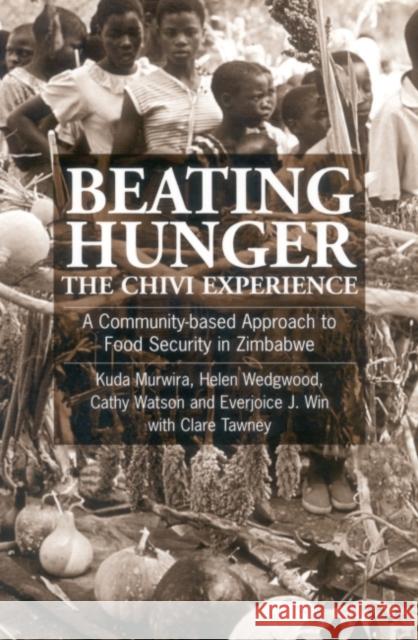Beating Hunger, the Chivi Experience: A Community-Based Approach to Food Security in Zimbabwe » książka
Beating Hunger, the Chivi Experience: A Community-Based Approach to Food Security in Zimbabwe
ISBN-13: 9781853395246 / Angielski / Miękka / 2000 / 160 str.
People's participation in development has been promoted for over 20 years, yet it is still commonplace for projects to be predesigned, without more than a token consultation with those farmers for whom they are intended. This book describes a project among small-scale farmers in the drought-prone and arid communal lands of Zimbabwe which, within the broad remit of promoting food security, helped the farmers identify their problems and choose their own solutions to them. The aim of the project was participatory technology development: to extend the range of soil-and-water conserving farming techniques available to men and women, and to help them evaluate and disseminate these and their own traditional techniques so as to improve the returns from their land.
Central to the project was the attention paid to strengthening existing institutions--the local farmers' clubs and women's garden groups--to ensure the continuity of activities after the departure of the project. Also of critical importance was the involvement of Agritex, the government agricultural extension service, from the start of the project, which has meant that the process approach that was demonstrated in Chivi District, is now being taught to extension workers and adopted throughout the service.
The book describes the background of farmers in the communal lands of Zimbabwe, and then recounts the process approach which involved needs assessment surveys, institutional surveys, participatory planning, awareness raising training, visits to view new technologies, evaluating and disseminating new and traditional agricultural techniques and local seed varieties. How the project also attempted to strengthen women's position in the local community without confrontation is also described. The project is also being replicated elsewhere in Zimbabwe, adapting the ten-year experience in Chivi.
This project has been unique internationally in it's combination of the participation of local community institutions and the governments' commitment to the reorganization of it's agricultural development services. The range of the successful institutionalization of these methods has lessons about sustainability for us all.











